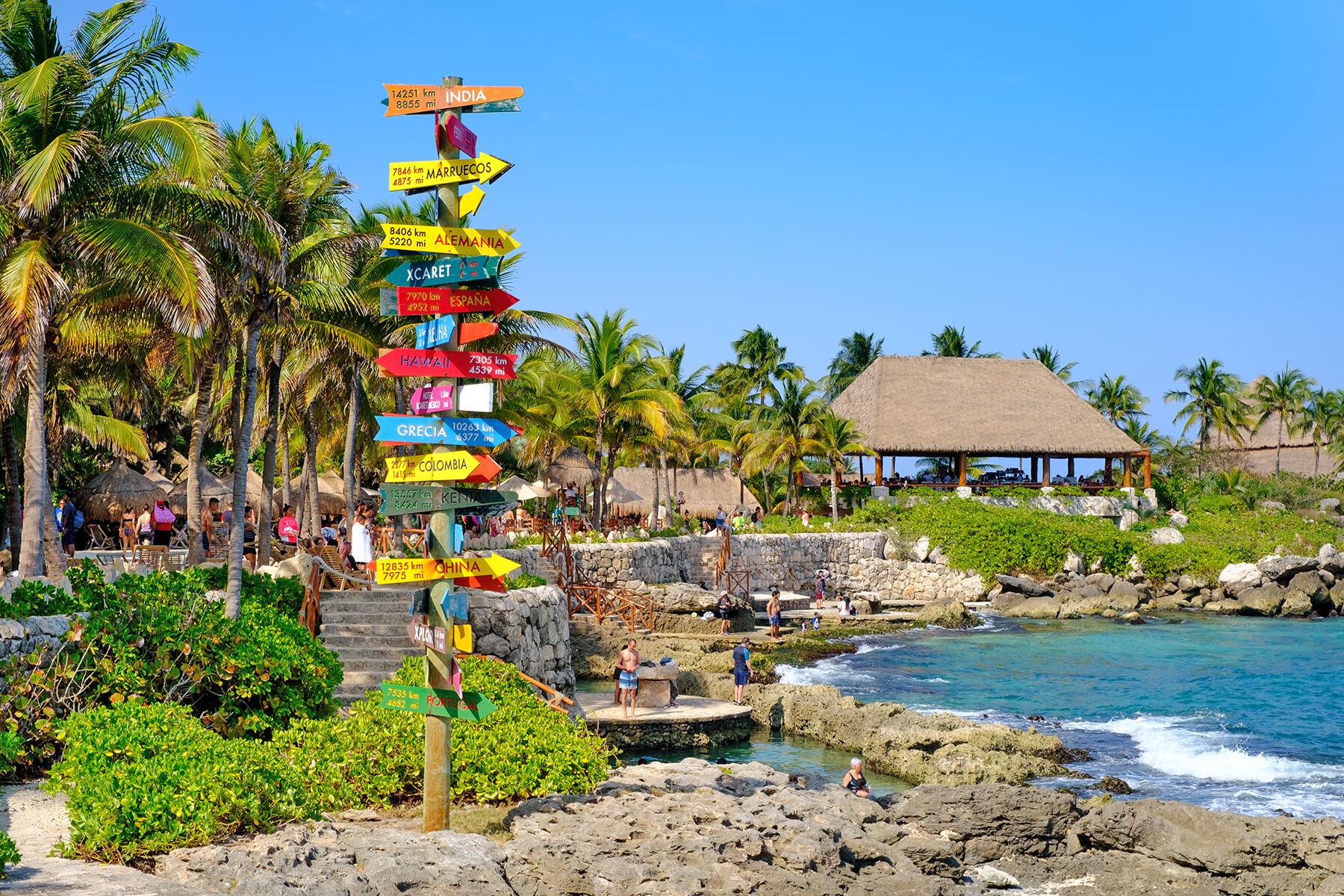Barbados is celebrating Black Excellence in a big way.
In 2021, Barbados became the world’s newest republic by removing the British monarchy as its head of state. Despite this major change, on a recent trip to Barbados, it was apparent that island travelers were overwhelmingly white and British. This may soon change, however, as more Black American travelers discover that Barbados is working to highlight the connection between them and the island.
The Historical Link Between Barbados and Black Americans
“As much as our history with Britain is long, equally so, is our ties and history with the U.S. There is a story worth knowing,” explains Tenisha Holder, Senior Business Development Officer of Visit Barbados.
After the British occupied Barbados in 1627, it became the wealthiest English colony through the production of sugar. This led to land becoming scarce and a group of wealthy white Barbadians setting sail in 1670 for the Americas with enslaved Black people and indentured servants. They landed in South Carolina and founded Charles Towne (later Charleston). In the subsequent years, about half of all white settlers and enslaved Black persons who arrived in Charleston came from Bridgetown, Barbados. This history forever linked the people, heritage, and culture of Barbados and the U.S., specifically in relation to Black Americans.
How Visit Barbados Is Encouraging Black Travelers to Come to the Island
“More Black travelers seek to trace their heritage and their ancestral history, so we’re being more intentional about our efforts in telling the history and the connection between the U.S.A. and Black travelers,” explains Holder.
Dani Canada, a TV personality and the managing editor of BOSSIP, sought out this ancestral connection to the island on two recent trips to Barbados.
“As someone whose late great-grandad was from Christ Church, visiting Barbados was so special to me. I was immediately drawn to the island’s beauty and then especially excited to visit Golden Square Freedom Park and see the Builders of Barbados Wall, where the surnames of people who lived on the island are inscribed. I had no idea that existed, so it was a surprise and made me feel more connected to Barbados,” Canada said. “My family has had a hard time tracing our roots because of chattel slavery, so I cherish feeling as though I have a second homeland outside of the U.S.”

Visit Barbados has sought to share the genealogical story between Barbados and Black Americans in various ways. In addition to inviting Black influencers and journalists from outlets that predominantly serve Black readers to Barbados for press trips, they’ve also worked with different groups like the National Black MBA Association.
“That’s one of the partnerships that we’ve had a long-time relationship with,” Holder says. “It doesn’t always look like them coming to Barbados for a retreat or an experience, but if they’re hosting something and we get involved, we share a bit of the historical and cultural ties between the two countries.”
The For Alumni, By Alumni (FABA) Fest is another great example. This year, during the Juneteenth weekend, FABA Fest became the very first festival for alumni of Historically Black College and Universities (HBCUs)—and it was held in Barbados.
The event was a big hit, bringing Black travelers and alumni of HBCUs together for Bajan beach parties, fish fries, rum tastings, boating excursions, and a HBCU college fair. Throughout the planning stages and the festival itself, Visit Barbados worked in conjunction with the FABA event organizers. Why? Because they see the value in Black travelers.
The Value in Uplifting Black Travelers

According to MMGY Travel Intelligence’s “The Black Traveler: Insights, Opportunities & Priorities” report, Black travelers spent $109.4 billion in 2019. While this highlights how Black travelers are a valuable travel market, many tourism boards still don’t seem to recognize or invest in them. Perhaps the easiest way to see that is in their marketing materials, which often lack visuals of Black travelers.
“I think more in recent years, tourism boards have seen the value in Black travelers. I do think there’s always room for growth and to improve in this particular area,” says Holder. However, she points out that targeting U.S. Black travelers is not a “one-off initiative” or something new for Visit Barbados. “It is a continuous area of focus that we will continue to build,” she adds.
Through MMGY Global’s report, we know that 54% of U.S. Black travelers said they’re more likely to visit a destination if they see Black representation in the destination’s advertising. It’s extremely clear on the Visit Barbados website that most of the photos and videos feature Black subjects.
“It feels awesome knowing that Visit Barbados is making efforts to bring more Black travelers to the island because it almost feels as though Barbados is a hidden gem. It’s charming, beautiful, and safe,” says Canada.
And then there’s the second element: safety. Seventy-one percent of Black U.S. and Canadian respondents to the MMGY study said that safety was “extremely” or “very influential” to their decision on where to travel. Among travelers of color, a sense of safety can arise in a destination when you’re surrounded by people who look like you and/or have a shared heritage connection. For Dani Canada, this presents itself in the welcoming nature of the Black Bajan people, who comprise about 92% of the Barbados population.
“I think Black travelers will find Barbados especially welcoming. I immediately felt embraced by the people of Barbados, who treat you like family, even if it’s obvious that you’re American. You always see big smiles, get called ‘sister’ or ‘brother,’ and receive great service from the people of the island,” she says.
Holder adds, “Our people are the number one thing that makes our country special. You’re in a place where you’re seeing leadership that looks just like you. We have a [Black] female prime minister and female head of cabinet. That does something to children, to women, [when] you see those Black women in power.”
Through marketing initiatives, event sponsorships, and partnerships with Black U.S.-based organizations, Barbados is investing in Black travelers and telling them that the island is their ‘home away from home.’
“I brought five of my friends with me to the country, and they couldn’t stop raving about its beauty, the food, and the wonderful experience overall,” says Canada. “Everyone has vowed to return as soon as possible.”
Why wouldn’t they? When a tourism board recognizes “Black excellence,” as Holder says, Black travelers take notice. And when they travel to Barbados, they’ll find that the island is “a place where you are celebrated,” which will make their experiences at the beach, eating the cuisine, and connecting with the Bajan people all the better.





